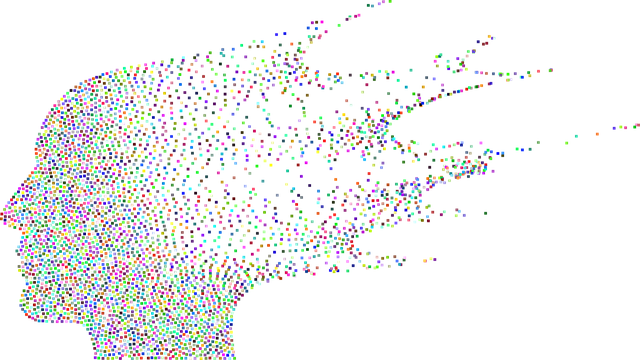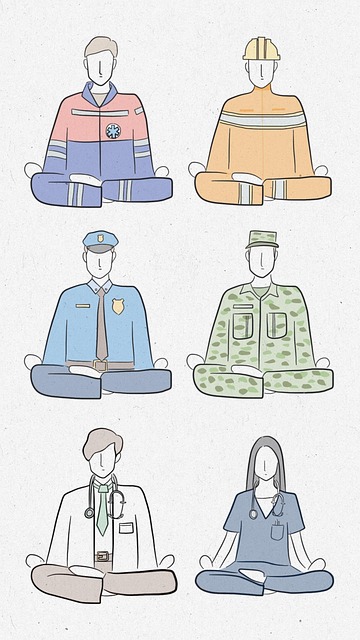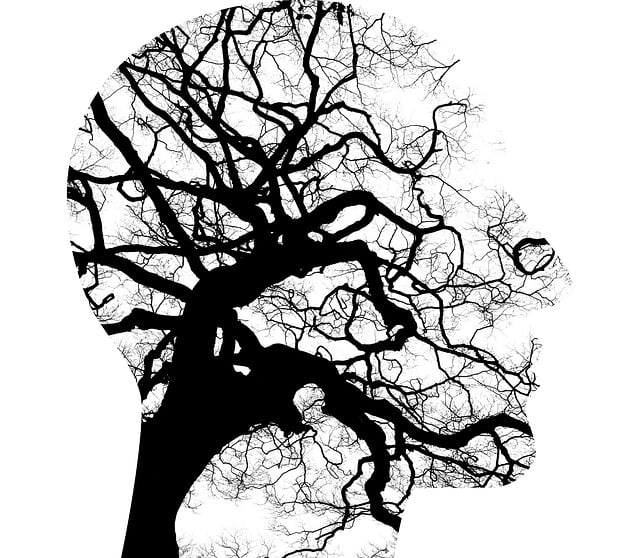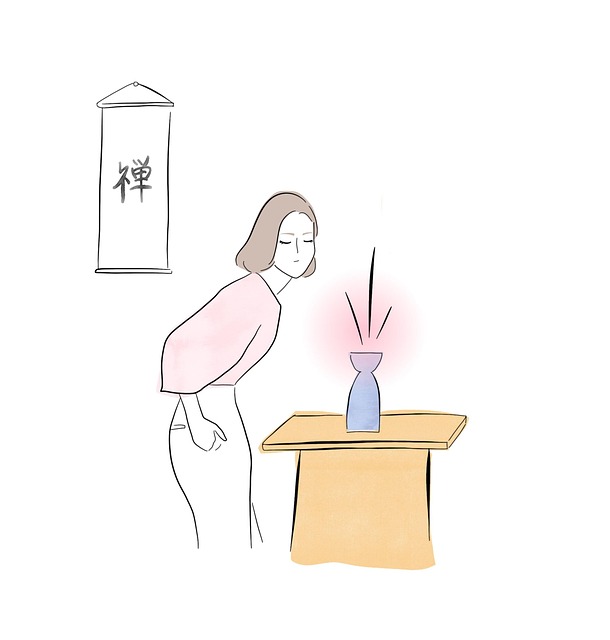Denver Geriatrics Therapy prioritizes burnout prevention among healthcare providers due to the demanding nature of geriatric care. Cultural sensitivity in mental healthcare practice, self-care practices like exercise and balanced diets, communication strategies, mindfulness meditation, compassion cultivation, risk assessments, empathy training, wellness podcasts, Social Skills Training, Self-Care Routine Development, and professional development workshops all contribute to mitigating burnout risks, enhancing job satisfaction, and improving patient care.
In the demanding field of healthcare, burnout among providers is a growing concern, particularly within specialized areas like geriatrics. This article explores comprehensive strategies to combat burnout at Denver Geriatrics Therapy, focusing on understanding its prevalence, identifying risk factors, and promoting well-being. We delve into practical self-care practices, supportive workplace environments, evidence-based interventions, and professional development opportunities tailored for the unique challenges faced by geriatric care providers in Denver.
- Understanding Burnout Among Healthcare Providers in Denver Geriatrics Therapy
- Identifying Risk Factors and Early Warning Signs
- Implementing Self-Care Practices for Sustained Well-being
- Fostering Supportive Work Environments at Denver Geriatrics
- Evidence-Based Interventions and Professional Development Opportunities
Understanding Burnout Among Healthcare Providers in Denver Geriatrics Therapy

In Denver Geriatrics Therapy, understanding burnout among healthcare providers is paramount given the demanding nature of geriatric care. The constant exposure to patient suffering, complex medical needs, and emotional demands can take a significant toll on therapists’ well-being. Burnout Prevention Strategies for Healthcare Providers are crucial here, as they help maintain the quality of care and prevent professional exhaustion.
Cultural Sensitivity in Mental Healthcare Practice plays a vital role in mitigating burnout. Therapists in Denver Geriatrics Therapy must be adept at addressing diverse patient needs, considering cultural backgrounds, and tailoring treatment plans accordingly. This not only enhances patient satisfaction but also contributes to therapists’ resilience building. By fostering a supportive environment that values diversity, the practice can ensure professionals feel appreciated and motivated, thereby reducing burnout risks.
Identifying Risk Factors and Early Warning Signs

Healthcare provider burnout is a growing concern, especially within specialized fields like geriatrics. Recognizing risk factors and early warning signs is paramount in Denver Geriatrics Therapy to prevent this issue. Professionals in this domain often face challenges such as heavy patient loads, complex care needs, and long working hours, which can contribute to stress and emotional exhaustion.
Identifying these factors promptly enables the implementation of effective strategies for self-esteem improvement and stress reduction methods. For instance, recognizing feelings of detachment from work or reduced satisfaction could indicate burnout. Crisis intervention guidance should be readily accessible to support healthcare providers in managing their well-being. Through proactive identification, Denver Geriatrics Therapy can foster a culture that prioritizes mental health, ensuring professionals remain engaged, motivated, and capable of providing quality care.
Implementing Self-Care Practices for Sustained Well-being

In the fast-paced and demanding field of healthcare, burnout is a significant concern for providers, particularly those specializing in geriatrics. To combat this, implementing self-care practices is crucial for maintaining sustained well-being. Denver Geriatrics Therapy emphasizes that taking time for personal care isn’t a luxury but a necessity. This can include engaging in regular physical activity, maintaining a balanced diet, and ensuring adequate sleep—all of which contribute to resilience against stress.
Furthermore, integrating communication strategies, mindfulness meditation, and compassion cultivation practices into daily routines can help healthcare providers manage their workload more effectively. These techniques foster emotional balance, enhance patient interactions, and reduce the risk of burnout. By prioritizing self-care and incorporating evidence-based practices, healthcare professionals in geriatrics can provide higher-quality care while preserving their own mental and physical health.
Fostering Supportive Work Environments at Denver Geriatrics

At Denver Geriatrics, fostering supportive work environments is at the core of our mission to provide top-notch geriatric care and therapy. We understand that burnout among healthcare providers is a significant concern, especially in the specialized field of geriatric mental health. To combat this issue, we’ve implemented several strategies aimed at enhancing job satisfaction and mental wellness among our team members. Our approach includes regular Risk Assessment for Mental Health Professionals, ensuring early identification and support for those at risk.
Moreover, we prioritize Empathy Building Strategies to create a culture of understanding and compassion within our staff. This involves continuous training on active listening, cultural sensitivity, and emotional intelligence. Additionally, our Mental Wellness Podcast Series Production offers valuable insights into managing stress, improving self-care practices, and sharing inspiring stories from both professionals and clients. These initiatives collectively contribute to a positive work environment that not only supports the mental health of our providers but also positively influences the quality of care we deliver through Denver Geriatrics Therapy services.
Evidence-Based Interventions and Professional Development Opportunities

Healthcare providers, especially those specializing in geriatrics like Denver Geriatrics Therapy, face significant challenges that can contribute to burnout. To combat this, evidence-based interventions have proven effective. These include strategies such as Social Skills Training, which enhances communication and interaction with patients and colleagues, fostering a supportive environment. Additionally, integrating Self-Care Routine Development for Better Mental Health is paramount. Encouraging professionals to prioritize personal well-being through structured self-care routines can significantly reduce stress levels and prevent burnout.
Professional development opportunities play a crucial role in preventing burnout. Workshops and training sessions focused on Coping Skills Development equip healthcare providers with effective tools to manage work-related stress. By providing these resources, institutions can support their staff, leading to higher job satisfaction, improved patient care, and a more sustainable workforce.
Burnout among healthcare providers is a pressing issue, but through a multifaceted approach, organizations like Denver Geriatrics Therapy can foster supportive environments and evidence-based interventions that mitigate risk factors. By prioritizing self-care practices and professional development opportunities, healthcare workers in geriatric therapy can find renewed purpose and well-being, ensuring the highest quality care for their patients. Implementing these strategies is not just beneficial for individual providers; it strengthens the overall resilience of Denver Geriatrics Therapy, making it a thriving and sustainable workplace for years to come.














